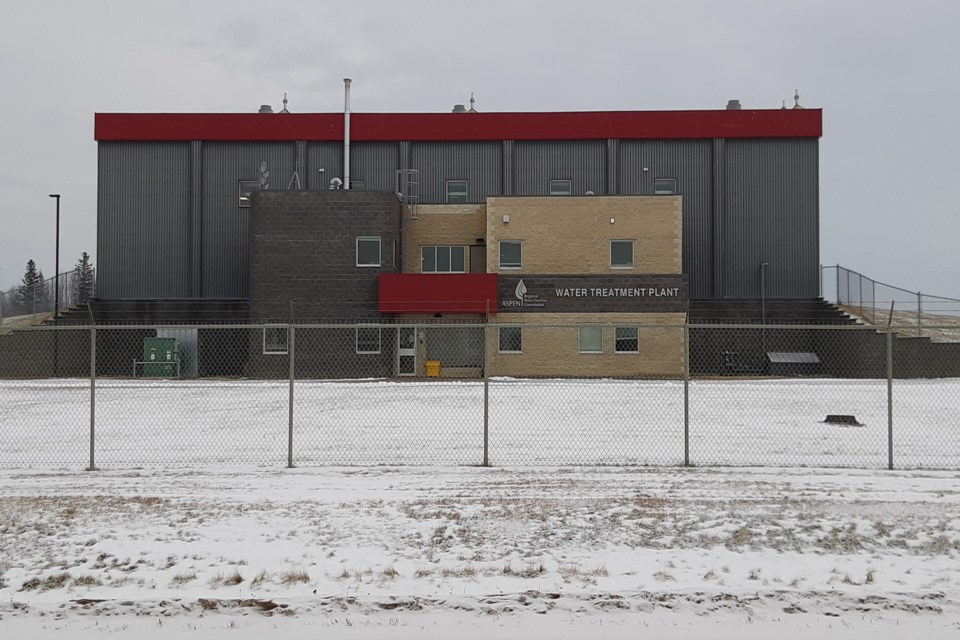ATHABASCA — In the midst of a dry winter and concern for springtime drought in the south of the province, water is on the minds of many. But the Town of Athabasca has water on the brain, and Mayor Rob Balay said it’s not for fear of the Athabasca River running dry.
During their Dec. 5 meeting, town councillors passed a motion to amend its existing water licence, issued in 1976, under the name of the Aspen Regional Water Services Commission with a vote of 5-2 — councillors Ida Edwards and Sara Graling were opposed.
Since the establishment of the commission’s intake facility in 2010, the Town of Athabasca’s intake facility has been repurposed as a pump station for untreated water. Because the town has no need to draw water itself, Balay said amending the name will prevent any changes to the region’s allotment.
“It came to a head because it was time for renewal,” said Balay. “We had to find a way that protected the amount of volume that we can draw from the river.”
The recommendation to amend the name of the licence holder to the commission, as opposed to cancelling or transferring the licence, came from a senior water administration officer with Alberta Environment and Protected Areas during discussions between the town, the commission, and a third-party consultant specializing in water regulatory compliance.
The town’s licence, which can be found online through the Government of Alberta and the Alberta Energy Regulator’s authorization viewer, carries two priorities: the 1914 priority allows the holder to draw 102-acre feet, or 125,815 m3/year, and the 1976 priority allows 533-acre feet, or 682,114 m3/year.
Aspen Regional Water Services Commission’s licence was issued in 2013, and carries a 2008 priority, which comes with an allocation of 1,045,000 m3/year. Combined, the three priorities on the two licences allow for a total of 1,852,929 m3/year.
Jamie Giberson, commission manager for Aspen Regional Water Services estimated the commission draws between 700,000 and 800,000 m3 of water per year, and said the priorities currently held provide “a reasonable allocation there to allow some buffer in the amount of water we need for the regional communities.”
Edwards, the town’s representative on the Athabasca Watershed Council, shared sentiments expressed during its Nov. 23 meeting. “The drought is affecting the Fort McMurray region and the Peace River region, draining into the Athabasca. This is a huge concern coming up this spring with the low snowfall, and allotments will come into play,” said Edwards.
The 1914 priority on the town’s licence was granted Oct. 29, 1919, under licence number two on the Athabasca River, according to the terms and conditions included in the digital document. “That’s exciting that it’s a very early licence, and a little bit unique,” said Giberson.
A number of southern Alberta communities, such as the M.D. of Pincher Creek, have been facing significant water restrictions since Aug. 16. In the case municipalities along the Athabasca River are met with a similar situation, Giberson said the 1914 allocation will give the region a leg up.
“If there’s water restrictions in the river, users with early prioritization years would have first rights to withdraw water from the river,” said Giberson.
Despite the lack of snow in the region this winter, Balay said dry conditions are nothing new. “Am I concerned that the river’s going to dry up? No, I’m not … we could have a whole bunch of rain in the spring and all that changes, right? No one can predict the weather.
“In 1985, we had the same thing happen, so it’s not like this has never happened before.”



